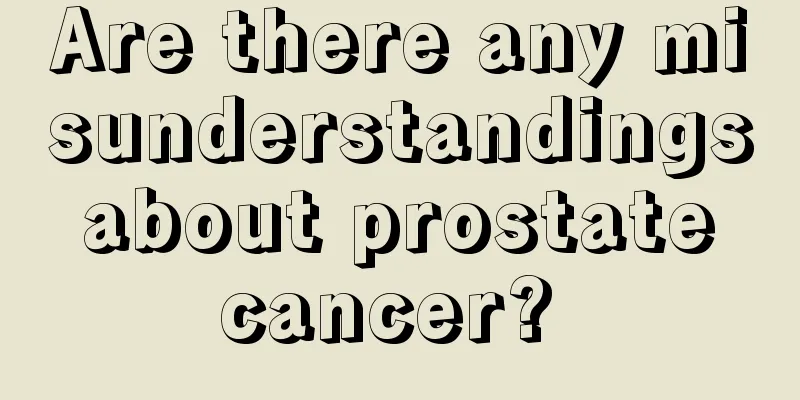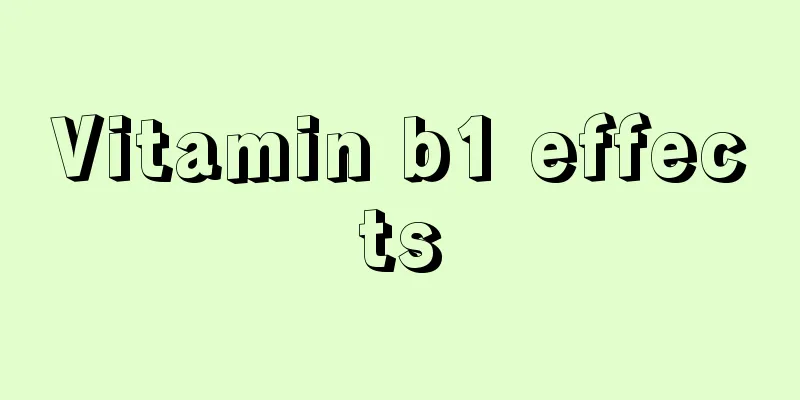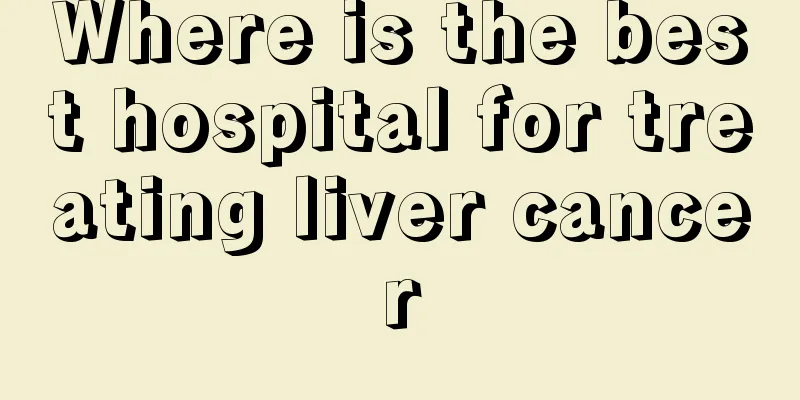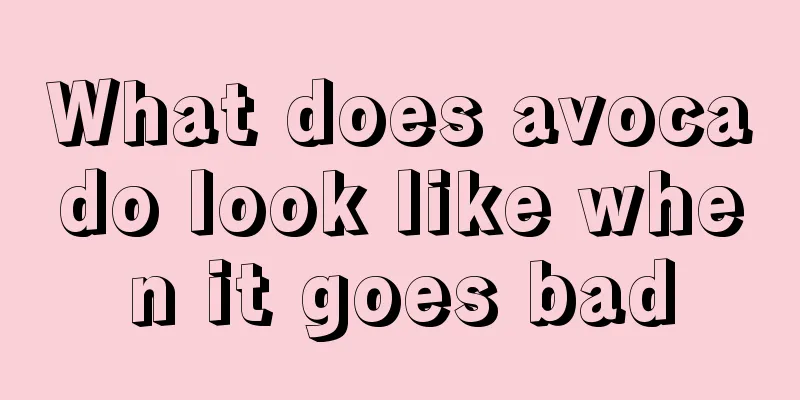Are there any misunderstandings about prostate cancer?

|
Recognize the misunderstanding: Eating tomato sauce and pink pasta sauce and tomato-based foods can prevent prostate cancer. "The vast majority of studies show no association," said Dr. Alan Kristal, deputy director of the Hutchinson Center's Cancer Prevention Program and a national panel on prostate cancer prevention. Kristal and his colleagues last year published the results of the largest study to date looking at whether foods containing lycopene, the nutrient that gives tomatoes their red color, can actually protect against prostate cancer. They tested the blood levels of lycopene in 3,500 men nationwide and found no association. Myth 2: High levels of testosterone increase the risk of prostate cancer. "It was a lovely hypothesis -- based on a very simple understanding of testosterone metabolism and its effects on prostate cancer -- that was wrong," Kristal said. Unlike the strong link between estrogen and breast cancer, there is no link between testosterone levels and prostate cancer risk, he said. A 2008 study published in the Journal of the National Cancer Institute combined data from 18 large studies and found no link between serum testosterone concentrations and prostate cancer risk, and recent studies have further confirmed this conclusion. Misconception 3: Cod liver oil (omega-3 fatty acids) can reduce the risk of prostate cancer. “That sounds reasonable, given the link between prostate cancer and inflammation and the anti-inflammatory effects of omega-3s,” Kristal says. Yet two large, well-designed studies—one led by Kristal and published last year in the American Journal of Epidemiology—have shown that high levels of omega-3s in the blood can actually increase the risk of prostate cancer. Misconception 4: Dietary supplements can prevent prostate cancer. Several large, randomized clinical trials have examined the effects of dietary supplements on various cancers, including prostate cancer; the results have shown either no effect, a large effect—or, worryingly, a significant increase in risk. "The more we think certain dietary supplements work, the more likely they are to increase cancer risk," Kristal says. For example, the largest prostate cancer prevention study to date, the Selenium and Vitamin E Cancer Prevention Clinical Trial (SELECT), was halted early because neither selenium nor vitamin E supplementation alone or in combination reduced prostate cancer risk. A Select Follow-up Study published last year in JAMA found that vitamin E actually increased prostate cancer risk in healthy men. The Hutchinson Center reviewed data from that study, which included nearly 35,000 men in the United States, Canada, and Puerto Rico. Myth 5: We don’t know which prostate cancers detected by PSA screening need treatment and which don’t. "We actually know very well which cancers are less likely to become malignant and which ones are likely to metastasize if left untreated," said Ruth Etzioni, PhD, a biostatistician and the Department of Public Health Sciences at the Hutchinson Center. In addition to serum PSA levels, other criteria for determining tumor aggressiveness include: tumor volume (how much of the biopsy sample contains cancerous tissue) and Gleason score (which estimates the aggressiveness of a tumor by looking at a sample of cancerous tissue under a microscope). In the Gleason score, 2-5 points are low risk, 6-7 points are intermediate risk, and 8-10 points are high risk. Myth 6: Only one in fifty men diagnosed with prostate cancer through PSA screening benefits from treatment. "This preliminary published data from the European Randomized Trial of Prostate Cancer Screening is clearly wrong," Etzioni said. "It produces a very unfavorable harm-to-benefit ratio for PSA screening. It suggests that for every one life saved by PSA screening, 50 people are overdiagnosed and overtreated." |
<<: What are the early symptoms of prostate cancer?
>>: The causes of prostate cancer and lifestyle adjustments
Recommend
What is the best radiation protection?
Radiation can have adverse effects and harm on pe...
What causes headache after blurred vision
Many elderly people suffer from presbyopia due to...
What are the dangers of having filamentous warts on the neck
The growth of filiform warts on the neck can be h...
What should I do if I have calf muscle mass
The calf muscles will affect the shape of our ent...
Signs that parents don’t love their children
Many people say that children are the fruit of th...
What does calcification mean
For ordinary people like us, we know relatively l...
Late symptoms of esophageal cancer
The symptoms of late stage esophageal cancer are ...
Chinese herbal medicine for preventing liver cancer
In the treatment of liver cancer, traditional Chi...
What is the role of vitamin D
What people probably know more about the role of ...
What to do with abdominal pain caused by food poisoning, three major treatment methods
Everyone should be familiar with food poisoning. ...
What is normal blood pressure at the age of 55
Blood pressure is an important indicator for peop...
Indapamide sustained-release tablets
Some people with mild hypertension, diastolic hyp...
What to do if scraping causes pimples
Gua Sha has many functions such as treating disea...
Colorectal cancer diet adjustment plan
Experts say that although the occurrence of color...
What's wrong with nasopharyngeal cancer? What should I do?
What is wrong with nasopharyngeal cancer? What sh...









